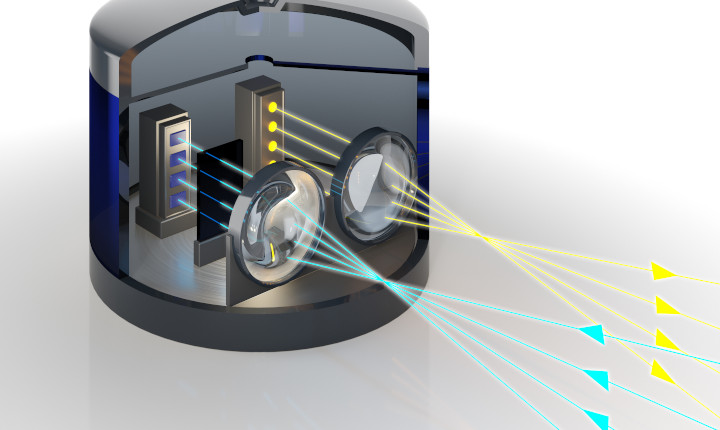TECH
Disk SSD or HDD, what is the best choice for your laptop?
It may not be the case with your laptop or desktop PC, but you've probably noticed that many machines include two hard disks with different characteristics in parallel: a larger HDD drive for storing files and an SSD drive as the main drive. the operating system and all programs.This arrangement or combination does not come about by chance: SSDs, based on flash memory modules very similar to those we know of USB pens, do not require mechanical parts in their constitution and so, among other characteristics, they are actually faster and more reliable than conventional HDD hard drives, which have a much more favorable price / space ratio.
There are many technical differences between the two types of units, but there is one that deserves to be highlighted: imagine the HDD as a multi-component structure, between magnetic plates and needles, which is constantly "spinning" to allow access to information. And you can imagine SSDs as flash card "boards" that hold information even if there is no electricity present. As pens USB.
That is, as we have already mentioned, the ideal environment might be that we have an SSD disk to deal with the startup of the operating system and operations related to the programs we use on the computer, while at the same time, for normal file storage, it is a HDD drive that should "kick in".
In this way, it is equally normal to watch the constant desire to replace the 2.5-inch HDD disk which in many cases comes from scratch as the only drive installed on a laptop, for example by an SSD disk, leaving the old drive for storage only . However, SSDs are still expensive. This is the main disadvantage of this type of units, in contrast to several advantages.
 |
| Advantage: speed |
 |
| Advantage: noise and energy consumption |
 |
| Disadvantage: space |
Effectively, swapping your normal laptop hard drive for an SSD is an option that will make the system faster on multiple levels. If you have a desktop PC, you can also add an SSD to host Windows 10 and programs, relegating to storage the HDD disk already in the machine.
There is also the case of SSHD technology, the so-called solid-state hybrid drives, which may be another solution to consider, although much less recurrent. These units, with capacities between 1 and 2 TB, are characterized by having a conventional HDD structure inside, but supported by a sector composed of SSD modules, so to speak, almost assuming functions equivalent to that of a cache system.
Basically, this unit stores all the contents and information on the HDD base, mechanically, but keeps the data we use most frequently in the SSD-based part to speed up the processes.
There is also the case of SSHD technology, the so-called solid-state hybrid drives, which may be another solution to consider, although much less recurrent. These units, with capacities between 1 and 2 TB, are characterized by having a conventional HDD structure inside, but supported by a sector composed of SSD modules, so to speak, almost assuming functions equivalent to that of a cache system.
Basically, this unit stores all the contents and information on the HDD base, mechanically, but keeps the data we use most frequently in the SSD-based part to speed up the processes.
 |
| Disadvantage: price |
What's the "verdict", then?
To summarize, when it comes to hard drives for storage or processes, do you prefer space and low prices or speed and reliability? If you look for this last binomial, SSD technology is the solution. However, if you just want to store content, it is the ideal HDD base, either through a drive inside the computer or in the form of an external disk or NAS solution, for example.
On the other hand, complementing one solution with another may also be the best option for the most demanding users. But for anyone who already uses the "cloud" extensively for storage and spends the day-to-day professional with the laptop under the arm, on the move, then the SSD is "mandatory." Both inside the machine and on an external portable disc, more compact and lightweight.
To summarize, when it comes to hard drives for storage or processes, do you prefer space and low prices or speed and reliability? If you look for this last binomial, SSD technology is the solution. However, if you just want to store content, it is the ideal HDD base, either through a drive inside the computer or in the form of an external disk or NAS solution, for example.
On the other hand, complementing one solution with another may also be the best option for the most demanding users. But for anyone who already uses the "cloud" extensively for storage and spends the day-to-day professional with the laptop under the arm, on the move, then the SSD is "mandatory." Both inside the machine and on an external portable disc, more compact and lightweight.
Sapo

No comments:
Post a Comment